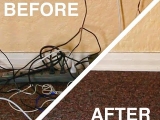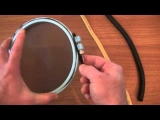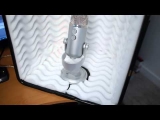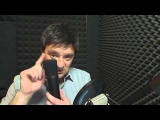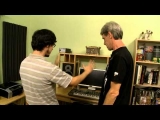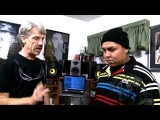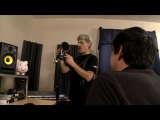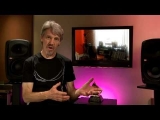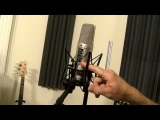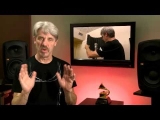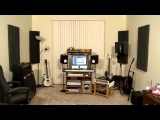Background Recording
Background Recording
With analog and digital tape, recording starts when the tape is rolling and the record button is pushed. What had been on the tape at that location is erased and replaced by the new , since digital audio workstations are non-linear, they work differently. Even though this same analog behavior appears on the timeline (meaning that the old audio is replaced by the new when the record button is pushed), the old audio isn’t actually erased. It still resides in the system and can be recalled if needed. The recorded audio that exists both before and after what appears on the timeline is called the “handles”.On most workstations, audio is being recorded on all the tracks that are armed (meaning they’re in record-ready status), whenever the transport is in play. This is known as “background recording”. So if the record button is pushed late, the take can be scrolled on the timeline to reveal the audio that was recorded in the background.



